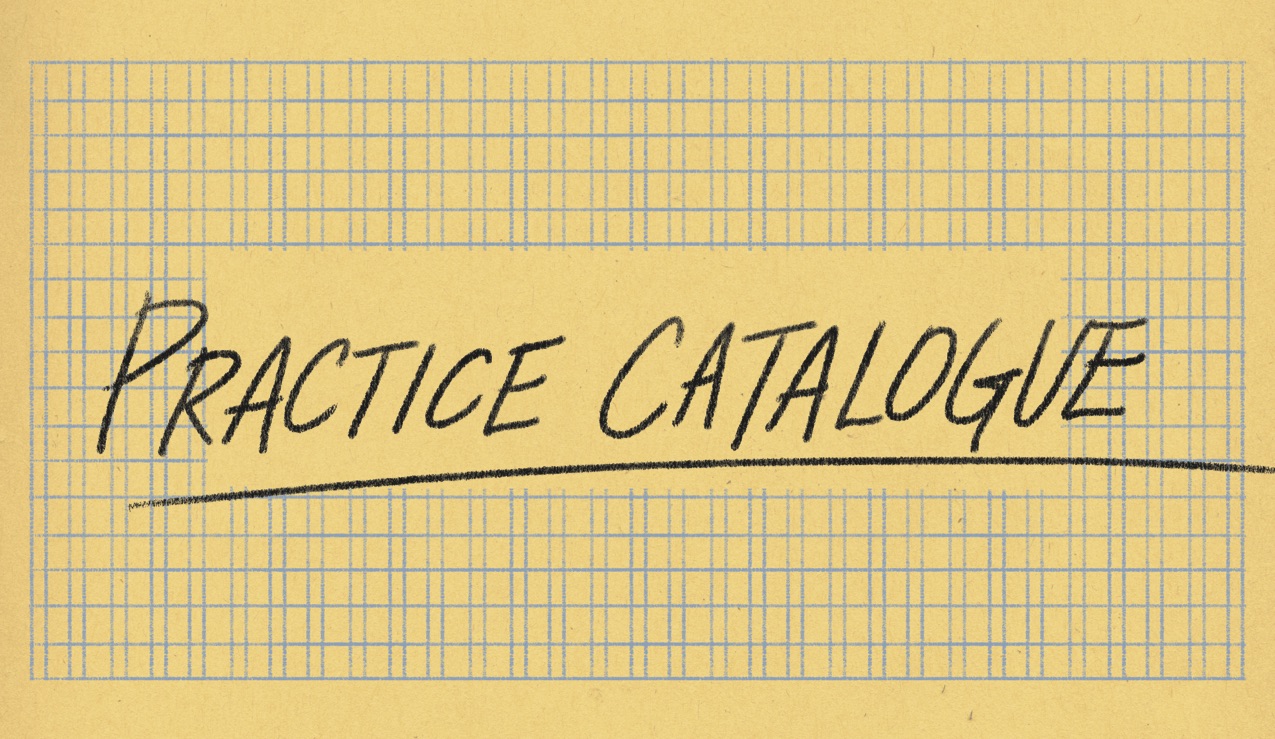The Hour of Poetry
Every poem that works as a poem is original. And original was two meanings: it means a return to the origin, the first which engendered everything that followed; and it means that which has never occurred before. In poetry, and in poetry alone, the two senses are united in such a way that they are no longer contradictory.
Nevertheless poems are not simple prayers. Even a religious poem is not exclusively and uniquely addressed to God. Poetry is addressed to language itself. If that sounds obscure, think of a lamentation––there words lament loss to their language. Poetry is addressed to language in a comparable but wider way.
To put into words is to find the hope that words will be heard and the events they describe judged. Judged by God or judged by history. Either way the judgement is distant. Yet the language––which is immediate, and which is sometimes wrongly thought of as being only a means––offers, obstinately and mysteriously, its own judgement when it is addressed by poetry. This judgement is distinct from that of any moral code, yet it promises, within its acknowledgement of what it was heard, a distinction between good and evil––as though language itself had been created to preserve just that distinction!
[John Berger, “The Hour of Poetry”]
